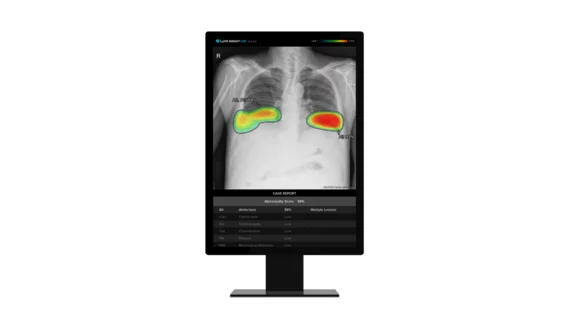Collaboration brings triage AI to chest X-rays for prompt emergency care
Lunit, a South Korean developer of deep-learning diagnostics, is collaborating with Samsung Healthcare to integrate artificial intelligence into X-ray devices for improved accuracy and screening time.
The collaboration is focused mostly on the use of X-ray in emergency and intensive care settings, with the chest screening application provided by Lunit designed to spot lung abnormalities in X-ray images, including cancer and pneumonia. Samsung X-ray devices will also have a triage software installed, which utilizes Lunit’s AI to flag prespecified critical findings, such as pleural effusion and pneumothorax, and send the details to the hospital PACS for prompt review by a radiologist.
"The synergy between Lunit and Samsung Electronics will enable faster, more accurate chest screenings, leading to timely interventions and improved patient outcomes. We’re excited about the potential this partnership holds for advancing chest X-ray practices, particularly in ICUs and ERs,” Brandon Suh, CEO of Lunit said in a statement.
The collaboration is signed for a three year agreement, and will see X-ray devices in the U.S., Canada, and Europe enhanced with AI, with plans to spread elsewhere in the future.

